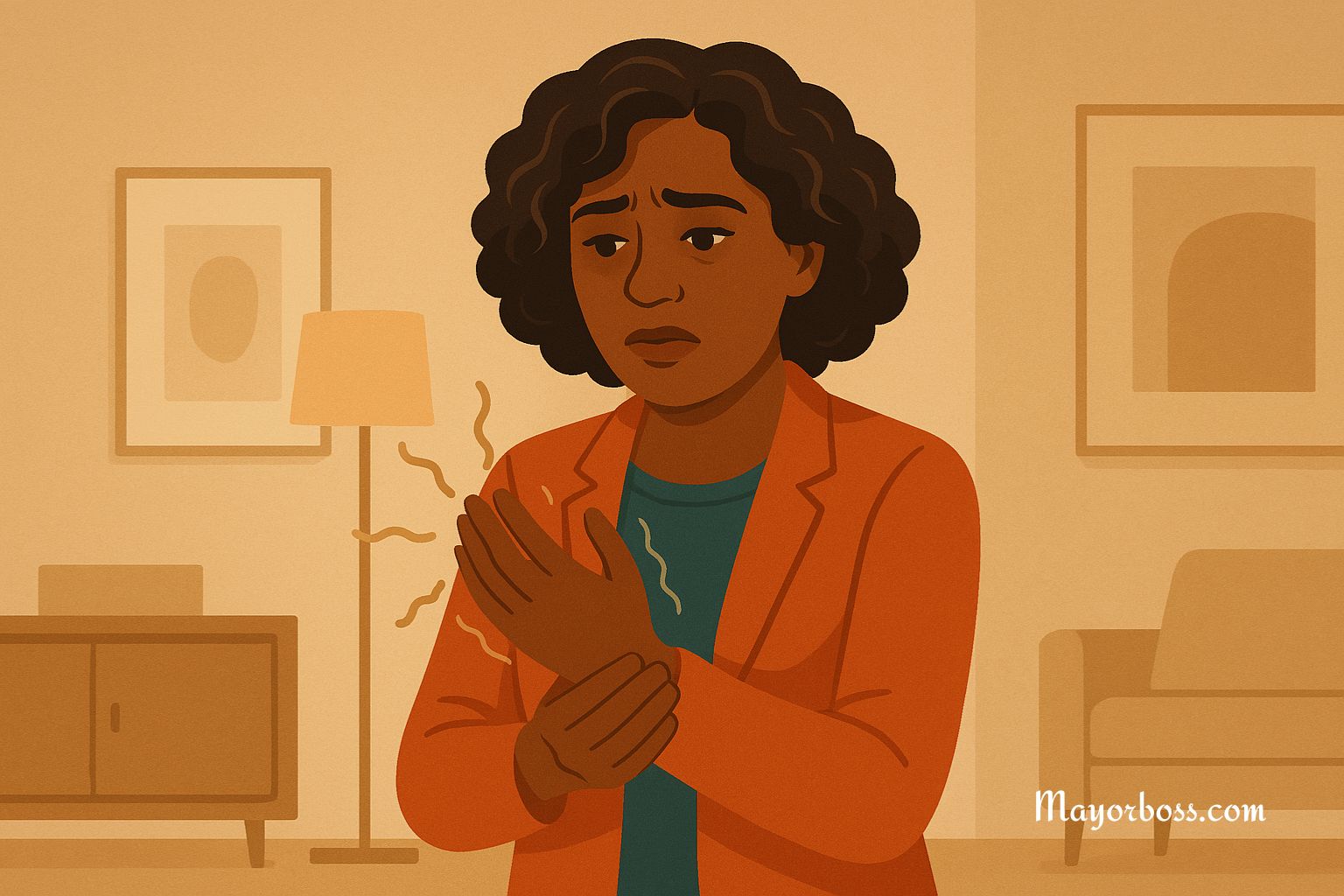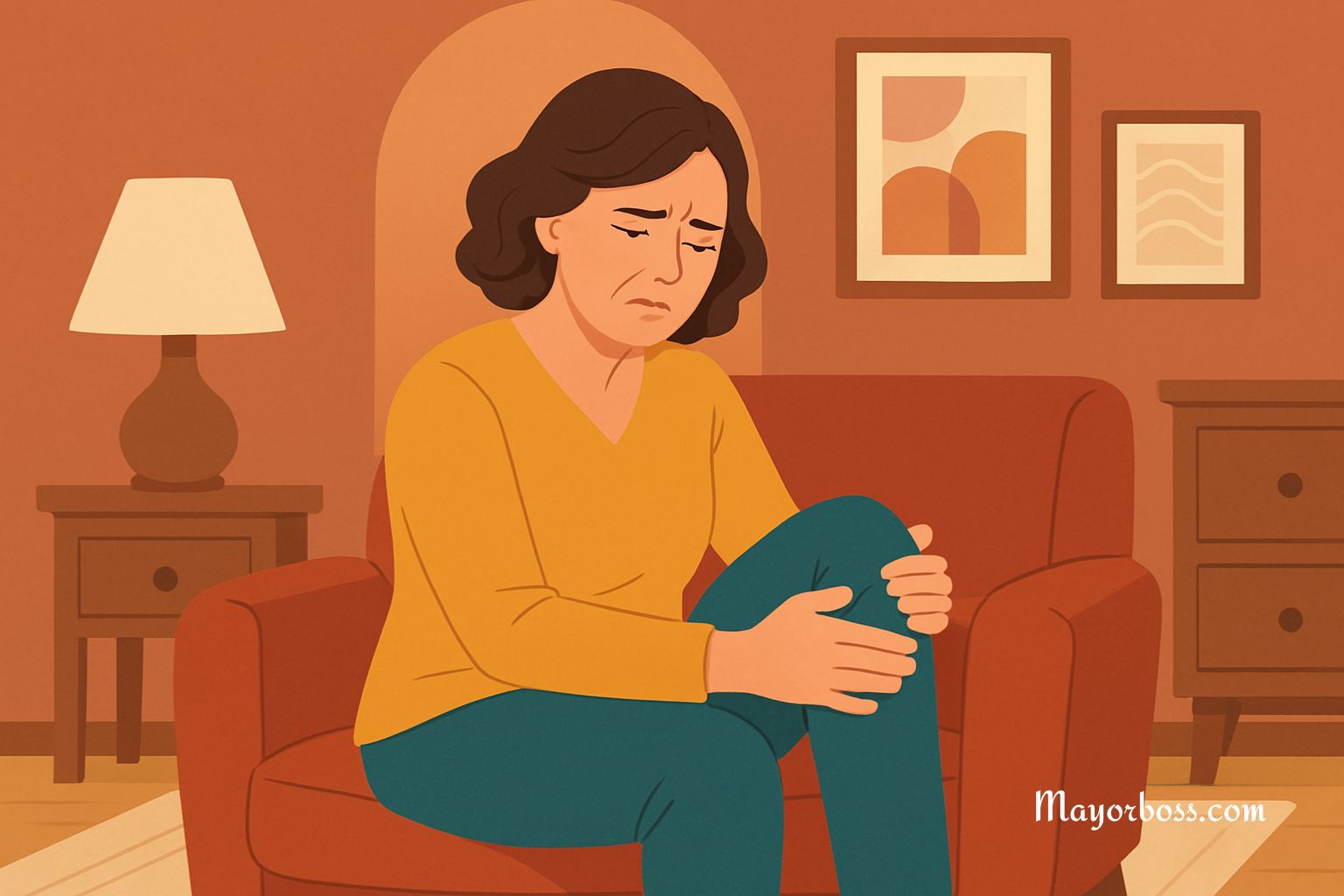4 Signs Your Cleaning Supplies Are Affecting Your Lungs
You’ve probably heard the phrase, “A clean home is a healthy home.” But what if I told you that the very cleaning products you’re using to maintain a sparkling clean living space might be harming your health? Specifically, they could be impacting your lungs. It’s shocking, isn’t it? As a family doctor, I’ve come across numerous cases where my patients unknowingly exposed themselves to harmful chemicals from everyday cleaning supplies.
This article aims to help you identify potential signs that your cleaning products might be affecting your lungs.
How Cleaning Supplies Impact Lung Health
Before we look at the signs, let’s first understand how cleaning supplies can potentially harm your lungs. Many cleaning products contain a variety of chemicals. While these substances are great at eliminating dirt and grime, they can also irritate the lungs when inhaled:
- Certain products contain volatile organic compounds (VOCs) that can trigger asthma attacks or cause chronic bronchitis.
- Others include chlorine bleach or ammonia, which can cause the lungs’ airways to tighten if inhaled, leading to occupational asthma and other respiratory illnesses.
- Long-term exposure to these substances can lead to the development of chronic respiratory conditions or even lung damage.
Signs to Watch Out For
Now that we know how these products can be harmful, here are some signs that your cleaning supplies could be affecting your lungs:
- Difficulty Breathing: Do you often find it hard to breathe after a cleaning spree? Shortness of breath can be a sign that your cleaning products are affecting your lung health.
- Persistent Cough: A recurring or persistent cough, especially following cleaning activities, can be another sign. The chemicals in cleaning products can irritate the lining of your airways, causing you to cough.
- Chest Tightness or Wheezing: If you’re experiencing a tight feeling in your chest or wheezing sounds when breathing, it might be due to the chemicals you’re inhaling during cleaning.
- Asthma Attacks: If you have asthma and you notice more frequent or severe attacks after cleaning, your cleaning products may be the culprit.
Consider Switching to Safer Alternatives
If you’re experiencing these symptoms, it might be time to consider safer alternatives to your current cleaning supplies. Look for products labeled as “green” or “natural,” but be aware that these terms aren’t regulated, and not all products with these labels are safe. Look for those with a certification from a reputable organization like Green Seal or Ecologo.
Alternatively, you could make your cleaning solutions using natural ingredients like vinegar, baking soda, and lemon juice.
Always Remember Your Safety
If you must use products with potentially harmful chemicals, take precautions. Always use them in a well-ventilated area or use a mask to limit your inhalation exposure.
In conclusion, it’s vital to be aware that seemingly harmless everyday activities, like cleaning, could impact our health. Pay attention to any signs your body may give you, indicating a potential issue. It’s always better to be safe and consult a healthcare professional if you experience any persistent or worrying symptoms. After all, maintaining our health should be our first priority, even when we are maintaining our homes.






